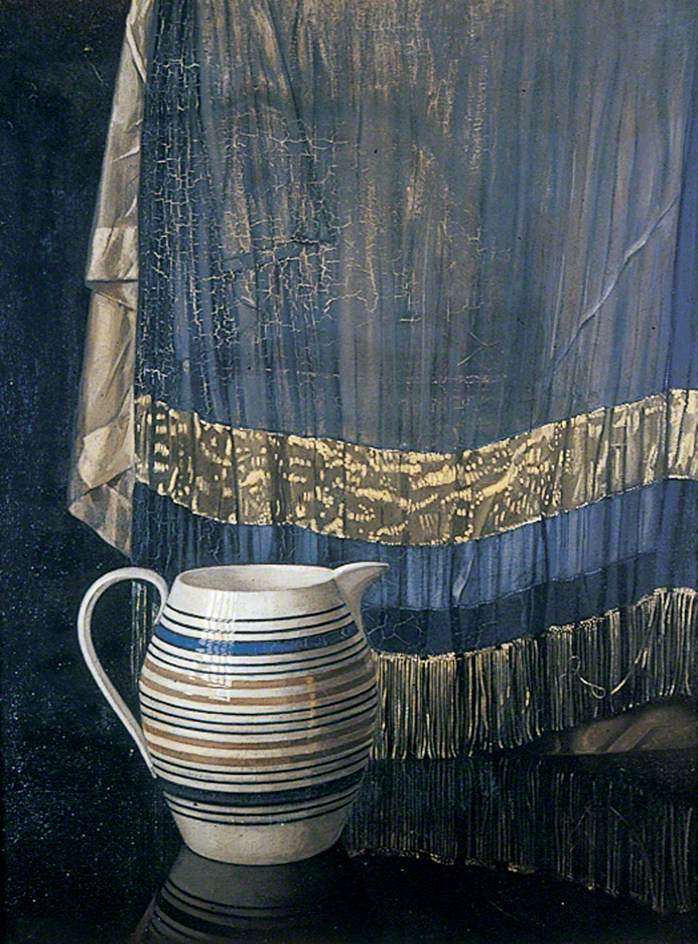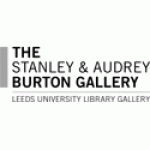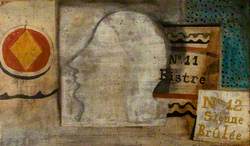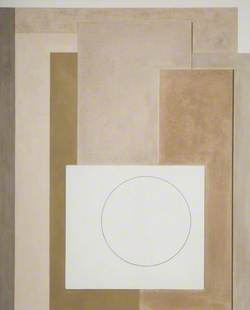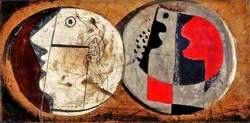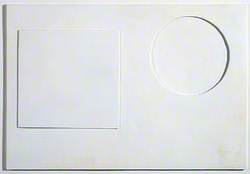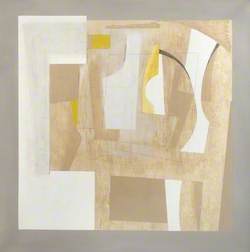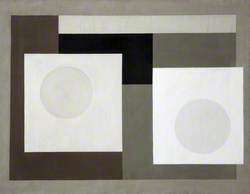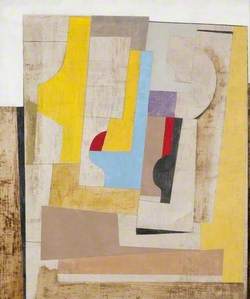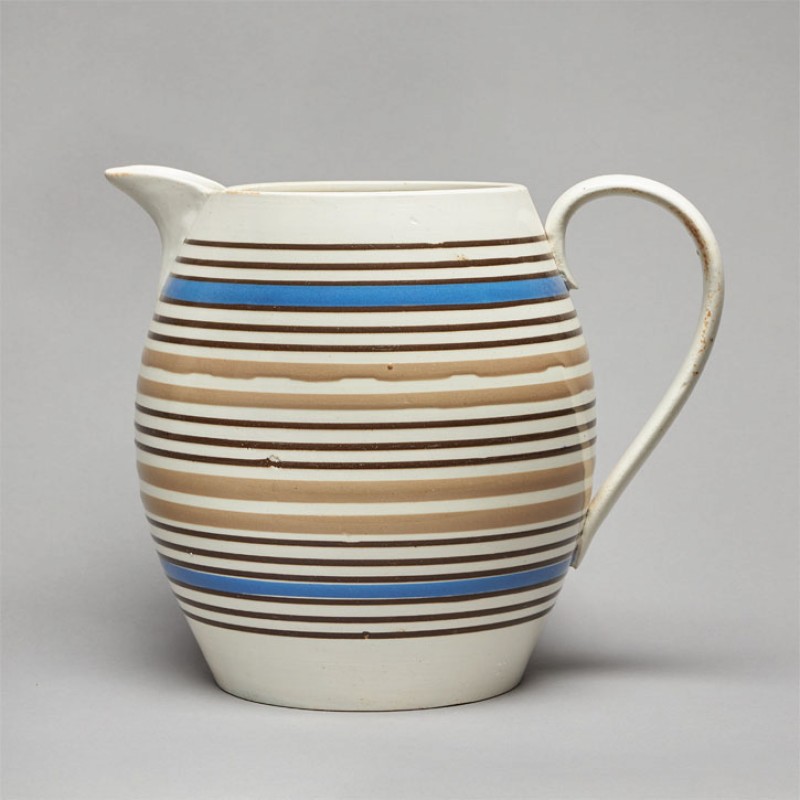How you can use this image
This image can be used for non-commercial research or private study purposes, and other UK exceptions to copyright permitted to users based in the United Kingdom under the Copyright, Designs and Patents Act 1988, as amended and revised. Any other type of use will need to be cleared with the rights holder(s).
Review the copyright credit lines that are located underneath the image, as these indicate who manages the copyright (©) within the artwork, and the photographic rights within the image.
The collection that owns the artwork may have more information on their own website about permitted uses and image licensing options.
Review our guidance pages which explain how you can reuse images, how to credit an image and how to find images in the public domain or with a Creative Commons licence available.
Notes
Add or edit a note on this artwork that only you can see. You can find notes again by going to the ‘Notes’ section of your account.
The fastidious and spare still lifes that Nicholson preferred in the early years of his career owed a debt to his father. In the 1920s, Nicholson began to explore the innovations in still life made by Cubism, arranging its elements, such as a jug and glass, as flat shapes on the picture plane. In the 1930s, he visited Paris frequently and met – among other abstractionists - Arp, Brancusi and Mondrian. These encounters must have been among the principal influences that prompted his series of white reliefs, which contained only the circle and the right angle. This uncompromising abstraction placed him in the forefront of British modernism and in 1937, his role as one of the editors of the 'constructivist’ manifesto – Circle – identified him with an international group of artists and architects who believed that art should have the precision of mathematics, and ornament should give way to clean lines.
Title
1914 (the striped jug)
Date
1914
Medium
oil on canvas
Measurements
H 85.1 x W 66 cm
Accession number
LEEUA1923.10
Acquisition method
donated by Sir Michael Ernest Sadler, 1923
Work type
Painting
